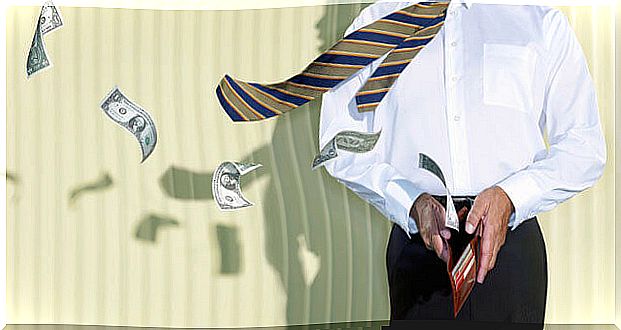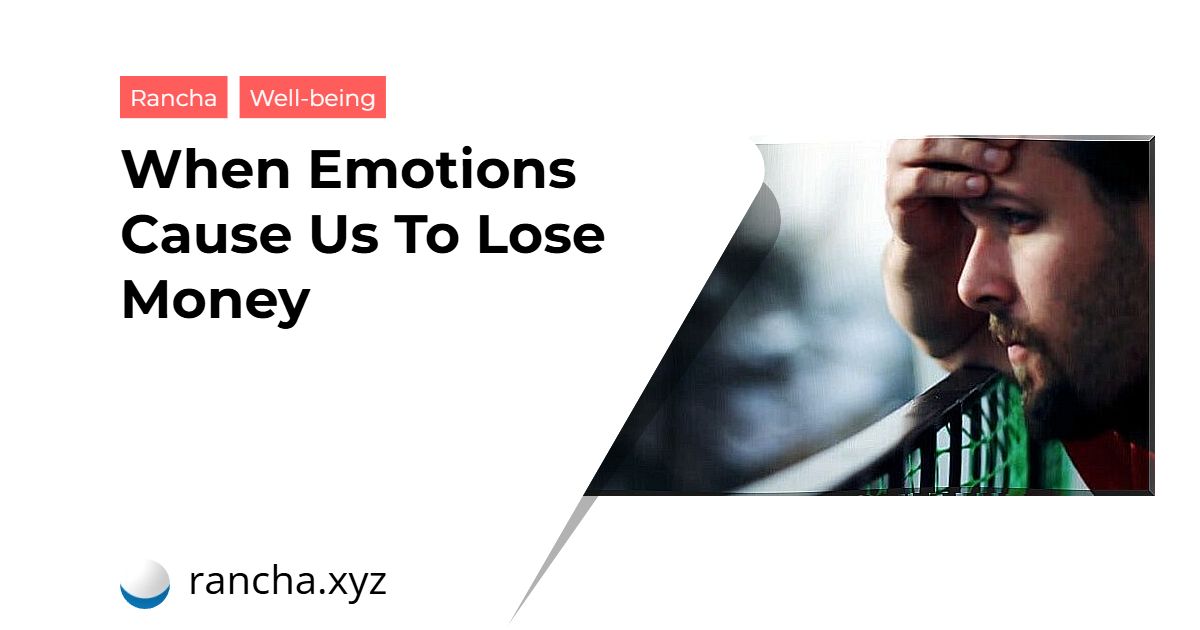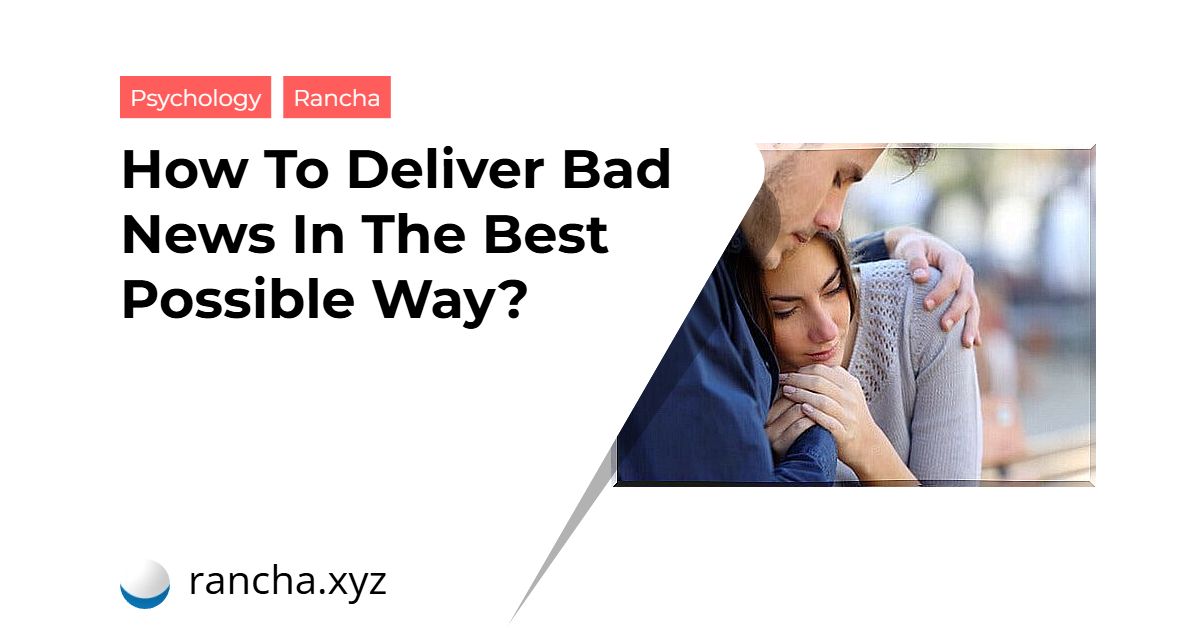Actions, such as making or losing money, are closely related to emotions. In most cases, this resource is not obtained or lost for objective reasons.
In this sense, we could say that money is a symbolic object; as such, it originates in our minds different ways of meaning and administering it, taking into account that it is a practically universal form of exchange.
What drives us to make or lose money are the decisions we make. Far beyond any lack of resources or their excess, what defines everything is the way we manage it. Money acquired fetish status; we live in a world in which everything, little by little, is becoming an object of commerce.
Many people have been marked by a combination of lack of money and emotional needs. Perhaps their parents had to leave them alone to go to work, in order to earn money to survive. It is also likely that, at some point, they felt humiliated by their lack of resources. In these cases, particularly, money becomes a complex problem that can bring many problems.

Losing money and the simulation
One of the factors that causes us to lose money is rejection or contempt for the life we lead. Mistakenly, one arrives at the conviction that it is the lack of financial resources that gives rise to vital dissatisfaction.
There is also the fantasy that personal value would increase if we had more money. This gives rise to a strong tendency to associate money with satisfaction. The person becomes incapable of imagining good situations that do not involve spending money. Because your resources are limited, dissatisfaction becomes a way of life.
They often “solve” the problem by trying to simulate a life without shortages. They feel a powerful attraction to all those objects that are symbols of status. They even lose money by spending on unnecessary objects or businesses. Your goal is to experience “what it feels like to have a lot of money” and feel, even for a moment, like someone fuller.
Loss of money as compensation
It’s a situation similar to the previous one. The difference is that, in this case, frustration leads to impulsive or compulsive behavior. Under this category are those who literally cannot stand to see a product on sale and not buy it. The accumulators of useless objects that are governed by the feeling that they have to buy.
They are unconsciously trying to satisfy other, deeper needs. However, as they have not realized this, the truth is a bottomless pit. Your appetite for new products, or more money, is insatiable.
Supermarkets love this type of customer and strive to help you lose money with little tricks. They bombard their customers with advertising of non-existent promotions (they raise the price artificially, then return it to normal value as a great offer), and provide them with facilities for them to buy everything.
In the end, these buyers manage to pay the bills, but they still feel empty. And the perverse cycle starts again.

The return of grace
There are many unconscious factors involved in money management. Nowadays, money is being more and more related to the concept of happiness through consumption. The fantasy that money has the power to repair a broken self-esteem, which allows us to give meaning to a reality that seems disheartening to us, also prevails.
From what has been said, losing money is often the consequence of having given him a leading role. It’s paradoxical, but the excessive desire to have money leads us to lose money.
The difference between the real value of this resource and the meaning we give it leads to wrong or unintelligent actions. In these cases, money, especially through consumption, is used as a means to resolve difficulties of another order.
However, economic issues are the least suitable for emotions to come into play. And when it comes to confused and neurotic emotions, the danger is even greater.
The problem is that those who are victims of these logics do not understand them. Therefore, losing money ends up becoming something normal. Finally, this reaffirms the dissatisfaction and causes the needs to be felt again in all their rawness.
It may be that, at bottom, making and losing money is just a smokescreen. Perhaps the money is not the problem, but the fact that unfulfilled desire increases because it cannot fill the void. Precisely the emptiness that keeps desire unfulfilled. Thus, the money would contribute, eventually, to cover up difficulties and sufferings that we do not know how to face.
 rancha.xyz Be free to choose their own route to self-knowledge, health and balance of body and soul.
rancha.xyz Be free to choose their own route to self-knowledge, health and balance of body and soul.




